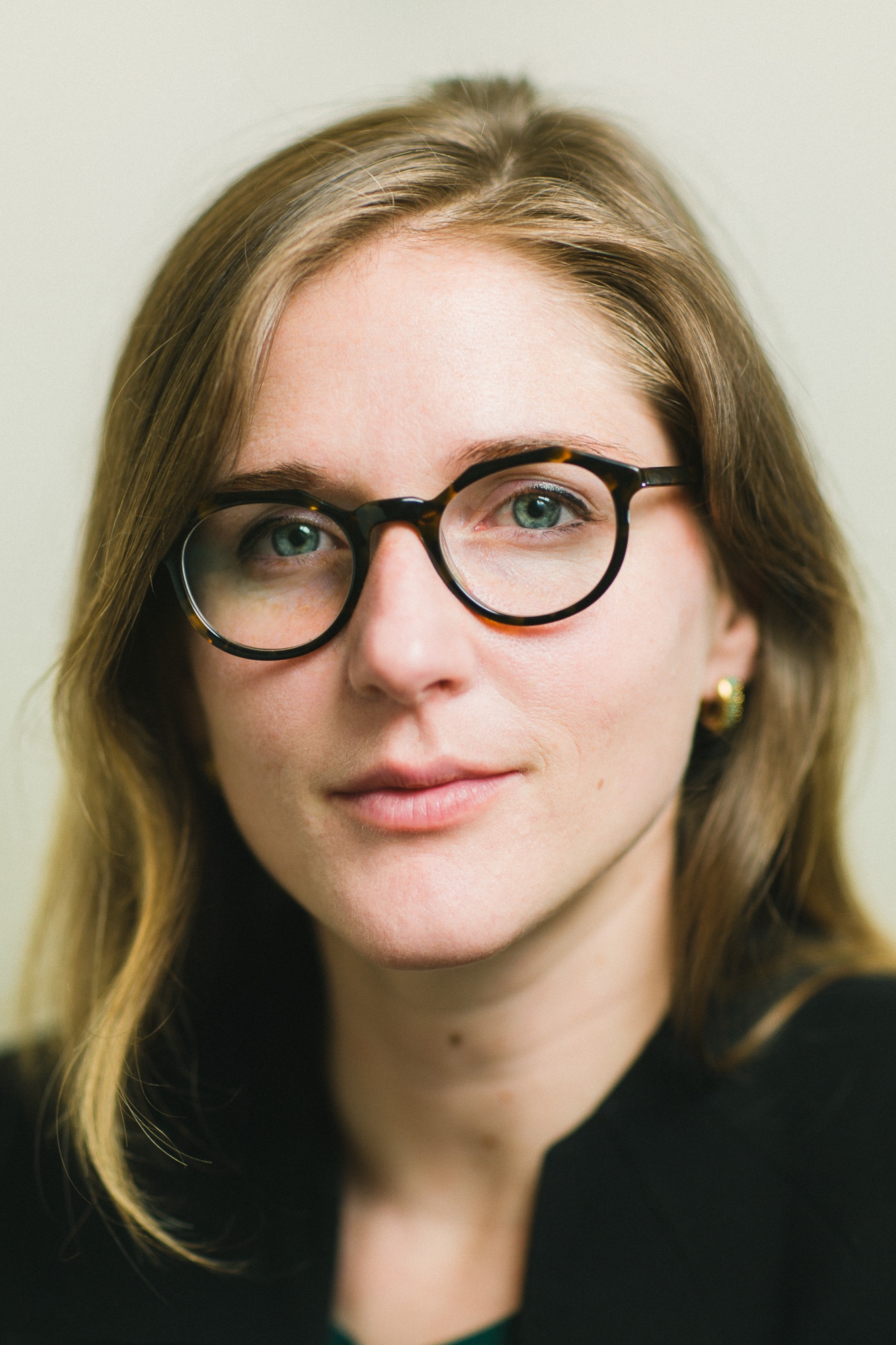The physicians introduced into hospitals this spring and summer will have more asked of them than any newly graduated doctors in a generation. Let’s make sure we support them, says Adeline Goss
 In a historic move, medical schools in the United States and Europe have made “early graduation” offers to eligible senior students, employing them to help with the response to covid-19 months before they were due to start residency this summer. Those graduating early have been celebrated by the US press as “eager to join the fight” and “itching to get back in.”
In a historic move, medical schools in the United States and Europe have made “early graduation” offers to eligible senior students, employing them to help with the response to covid-19 months before they were due to start residency this summer. Those graduating early have been celebrated by the US press as “eager to join the fight” and “itching to get back in.”
What we’re not hearing are the voices of their less eager classmates. Some students have declined early graduation offers. Others haven’t been given the choice of graduating early but are dreading the official start of residency. The risks medical students take by speaking to the media, along with the public temptation to see them as heroes, prevent us from seeing how much we’re asking of them.
I am a resident physician in California, four years ahead of these students in training, and I’ve spoken to many students in recent weeks. Even in normal times, the transition from medical student to intern is challenging. Heavily supervised just a few weeks before, new interns can suddenly order tests and medications and risk making medical errors. In the US, they often log 80 hours per week (or, off the books, more), for a modest salary, with limited control over their working conditions, hours, or schedules. Stress and depression are common; suicides are the second leading cause of resident death and are most common in the first quarter of internship year. During those first three months, suicidal ideation among interns has been shown to increase by 370%. And that’s before you introduce a novel virus.
New doctors starting work during a pandemic risk receiving less preparation and less supervision than usual, due to a higher volume of acute inpatients and large numbers of clinicians on sick leave. Overnight, they will go from students in non-essential roles, removed from clinical duties for their protection, to essential frontline workers confronting the virus head-on. Their inexperience may add to the workloads of their supervisors. And, like all healthcare workers right now, they will face shortages of personal protective equipment (PPE)—reusing masks and other equipment and putting their health at greater risk. Many residents have contracted the coronavirus. Some have died.
One student destined for internship in New York City told me, “It’s sort of like realizing your worst fears about what internship might be.”
Medical students as a group are altruistic and driven. In the US, students often take time off to relax during their last few months of school, but this year many have instead been volunteering—sewing masks, providing free childcare to physicians and nurses, or analyzing epidemiological data. Several told me they’d prefer to be caring for patients.
But when they started school, they didn’t know they were signing up for this. Some have health conditions that put them at higher risk from covid-19. Others have children at home, aging relatives who they won’t see once they start residency due to the risk of transmitting the virus, or, let’s face it, fear of death. One student and mother of an infant told me, “My husband and I recently found out that in my hospital, you’re given one surgical mask and you wear it until it is visibly dirty, storing it in a bag at the end of the day.” She paused. “We wrote our will.”
The coronavirus pandemic and PPE shortages have done something difficult but important for American physicians: it’s helped us shed our armor and acknowledge, publicly, what we and our families give up so that we can care for patients. We are tough. We feel a duty to serve others. We are grateful to have jobs that are both necessary and rich with meaning. But we also want to sleep in the same beds as our partners and live to see our kids grow up, and many of us are angry about the system failures that now require us to work in fear. Medical students are no different: they, too, feel this pull between altruism and self-preservation. They, too, are stepping up anyway.
As we introduce our newest physicians into hospitals this spring and summer, we need to support them with unprecedented levels of supervision; emotional support; material support, such as quarantine housing and childcare; and control over the amount of risk they’re taking on. For their protection and the protection of patients, they ought to start away from the frontlines, in roles that require little PPE and where their need for supervision doesn’t add to the workload of any frontline physician. To protect their mental health, we need to free them from the expectation of stoicism and sacrifice and allow them to speak openly about the challenges they face.
This is the most we have asked of any medical students in generations. Hearing them confront this historic moment—hearing their courage, their concern for patients, their care for loved ones, and their gratitude to be entering such a meaningful career—they sound, to me, like doctors.
We should keep listening to them once they begin.
Adeline Goss is a resident physician in neurology at the University of California San Francisco. Twitter @addiegmd
Competing interests: I have read and understood BMJ policy on declaration of interests and declare the following interests: None.
